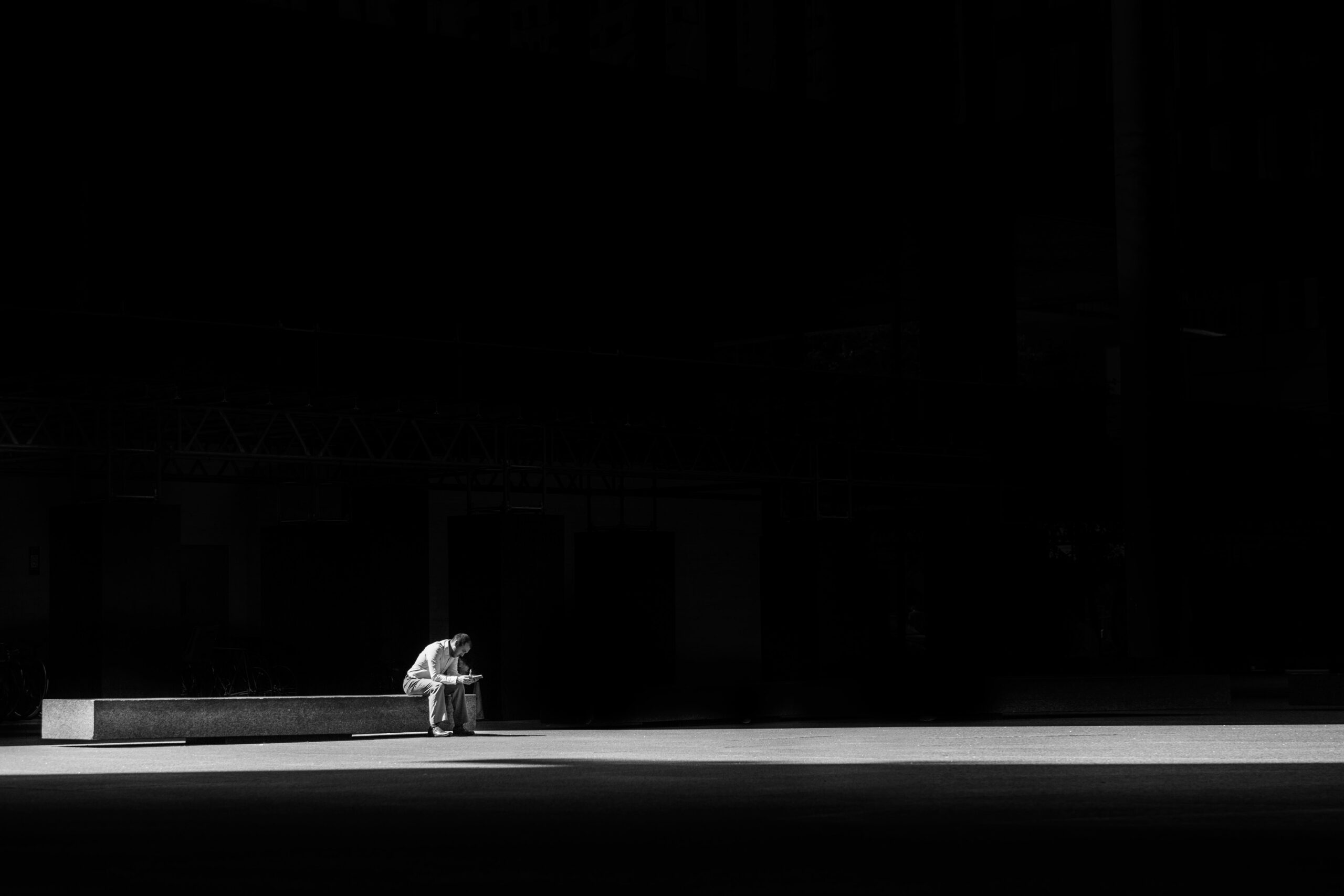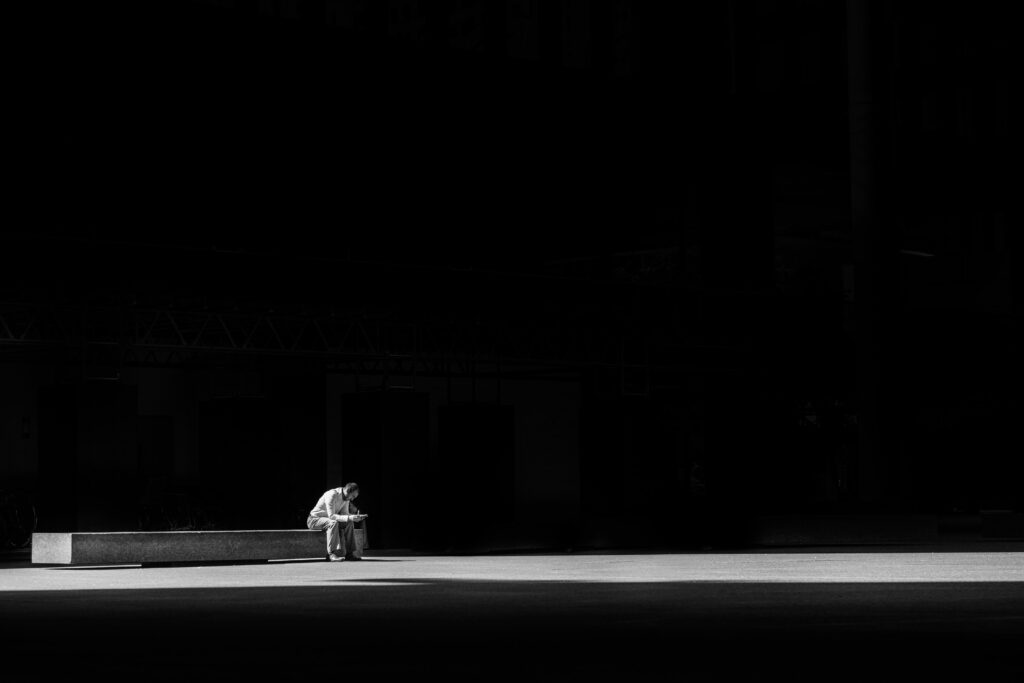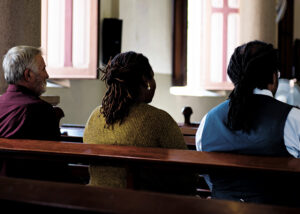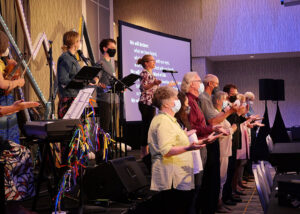Almost 400 years ago, the French mathematician and philosopher Blaise Pascal wrote, “All of humanity’s problems stem from [people’s] inability to sit quietly in a room alone.”
Pascal was probably being hyperbolic, but he was making a profound point, one that aligns with something I discovered and wrote about during my own recent season of solitude:
“In the spaciousness of solitude I am alone, yet the least lonely. It is here I feel most awake, alive, present, open, attentive and full. Here in this soil of solitude I am most deeply connected to the divine ‘ground of being.’ I am both content and expectant as I’m immersed in the insurmountable mystery of life. Yet this feeling of expectancy is paradoxical. It’s not an expectation really, but rather a movement towards accepting my unknowing and lack of understanding. I feel empowered to take pleasure in nothingness, in emptiness, in the ‘kenosis’ of pure being. As Foy Vance sings so eloquently, ‘the joy of nothing.’ I feel enabled to let go of what I have, what I think I have, what I think I need, what I think I know and comprehend—and simply receive ‘what is.’ ”
This surrender to “what is” includes letting go of whatever result or reward my mind hopes to obtain as a result of this surrender, ceasing to cling to my desire for a particular experience, insight, revelation or understanding. Here in solitude it is enough to receive “what is” and participate in it.
However, my attempt to put this into language is a sign of my departure from the spaciousness of solitude and marks my re-entry into the realm of community life. This is not a negative thing. This is the dance of Spirit life, the rhythmic flow of receiving “what is” and then trying to share it with others.
Trying to describe it, discuss it, live in it and understand it together, in community, as a family of conscious beings connected to the same vine, growing out of the same ground of being, all of us sharing, receiving and participating in the same ineffable “what is” of reality. And so it goes. The dance between solitude and community.
I’ve come to realize that I cannot stay in the spaciousness of solitude, nor can I dwell permanently in community. It is in the perpetual shifting between these two modes of existence that I find meaning, truth, love and joy.
Jesus modelled this well. He was constantly and consistently stealing away to find solitary and “lonely” places away from community. Away from the crowds, his disciples, his family, society. Yet he did not stay in the isolation of the wilderness. He did not remain in hermitage. He re-entered the world of community and life with other people after reconnecting with divine reality. He re-engaged the world of community as one filled and re-energized with the liberating and healing power of love.
I think this pattern is important.
bell hooks, the American author, professor, feminist and social activist, wrote: “Many of us seek community solely to escape the fear of being alone. Knowing how to be solitary is central to the art of loving. When we can be alone, we can be with others without using them as a means of escape.”
As I prepare to return and re-engage in community after my sabbatical, I feel better equipped to love. I miss my community. I miss my sojourners and siblings in the Spirit. I’m looking forward to seeing them and conversing, laughing, worshipping and interacting with them again, but my relationship with community is not one of dependence. I am more free to give and receive in community when my wholeness and sense of self is not dependent on these relationships or on my perceived identity in the context of community.
Community and relationships are not possessions we have but are living entities in the garden of life we participate in, and they require mutual nurture and care. They provide sustenance to all who participate in the garden of life, but more deeply for those who engage as both contributors and receivers.
Relationships and community help us discover who we are and who God is, because other people are the image of God. Yet to over-inflate the importance of community over regular periods of solitude is to miss out on the deeper rhythm of life in the Spirit that Jesus taught and modelled.
Troy Watson is ready to re-enter community.
Read more Life in the Postmodern Shift columns:
She’ll be coming ’round the mountain when she comes
What do I miss about church?
Into the woods
The misplaced pursuit of authenticity
It’s about to get weird









Leave a Reply
You must be logged in to post a comment.